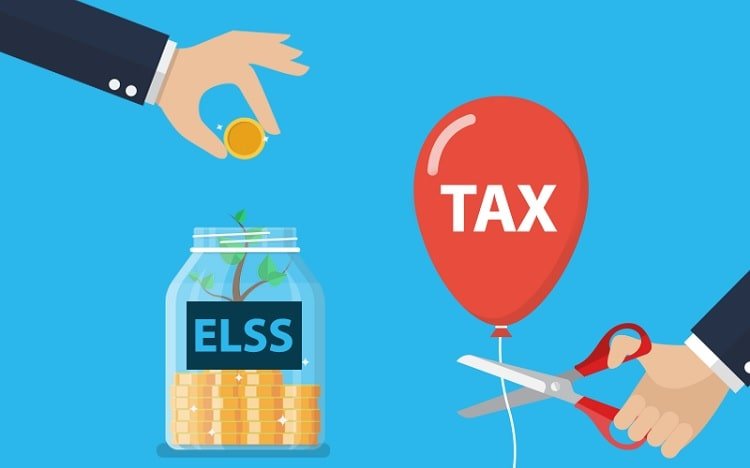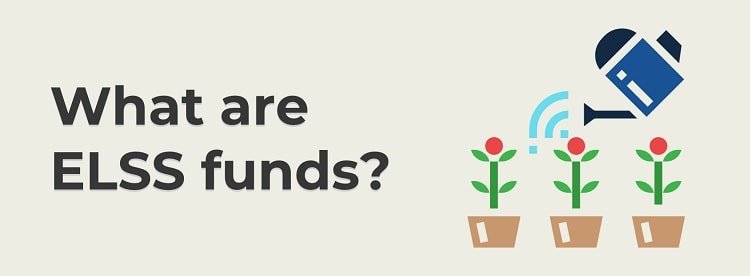ELSS Funds
ELSS, or Equity Linked Savings Plans, is an investment in mutual funds plans which assist you to save taxes. This is the reason they are also referred to as tax-saving funds. ELSS is among the authorized financial instruments; the list includes PPF, postal savings such as NSC, tax-saving FDs, NPS, and others. ELSS funds are equities with a diverse portfolio. Such investments mainly purchase shares of publicly traded corporations in a predetermined ratio based on the fund’s investment goals.

The shares are drawn from a variety of capitalizations (Large Caps, Mid-Caps, and Small Caps) and key industries. These funds seek to maximize long-term capital growth. The investment manager selects equities after undertaking a thorough market analysis in order to provide the best risk-adjusted investment returns.
The only type of mutual fund that qualifies for tax exemptions within the provisions of Section 80C of the Income Tax Act of 1961 is an ELSS fund or an equity-linked savings plan. By making an investment in ELSS mutual funds, you can claim a tax rebate of up to Rs. 1,50,000 and save up to Rs. 46,800 in taxes per year.
The asset allocation of ELSS mutual funds is primarily composed of equity and equity-linked assets like listed shares (65% of the portfolio). They may also be exposed to fixed-income shares. These funds have the relatively short lock-in period of any Section 80C investment, at three years.
Features of ELSS Funds
The following are the primary characteristics of ELSS mutual funds:
- There is no upper limit for the investment time period. There seems to be, however, a 3-year lock-in timeframe that you must take into account. Throughout these 3 years, you are not permitted to exit from this investment.
- After due deliberation, a lower limit of 80% of your full sum is engaged in equity and equity-oriented shares, with the remainder 20% investment made in debt and mutual funds. This portfolio helps to reduce the dangers of stock investments.
- ELSS funds, as with all mutual fund schemes, are managed by expert fund managers with a wealth of knowledge. These managers are knowledgeable about the historical behavior of the funds, making sure that your money invested is in excellent hands.
- You can engage in ELSS funds in 2 ways: as a single payment or through a Systematic Investment Plan or SIP. The second option is perfect for those who want to participate for as little as INR 100-500.
Tax Benefits for ELSS Funds
An ELSS is an Equity-Linked Savings Scheme that enables a person or HUF to get an exemption up to Rs. 1.5 lacs from their overall income under Section 80C of the Income Tax Act of 1961. Thereby, if an investment is made of Rs. 50,000 in an ELSS, the sum is deducted from their total taxable income, lowering their tax liability.

